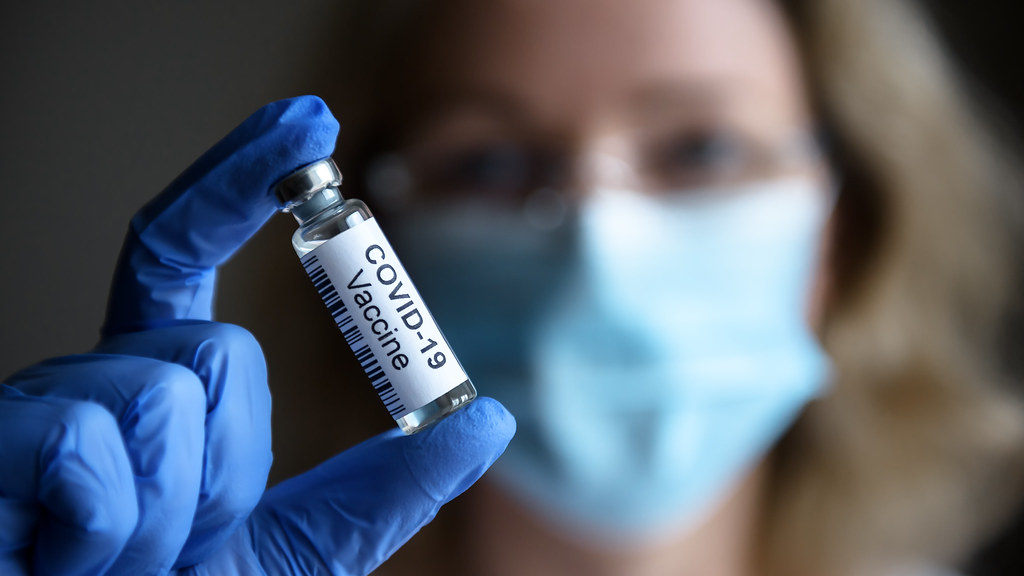The University of Bath’s School of Management is working with Bristol, North Somerset and South Gloucestershire Clinical Commissioning Group (BNSSG CCG) to advise NHS managers on how to streamline processes at the newly opened large vaccination centre at Bristol’s Ashton Gate stadium.
Professor Vasilakis, who founded the Centre for Healthcare Innovation and Improvement (CHI2) to address the challenges of service delivery in the NHS and to find ways to make best use of scarce resources, together with Dr Richard Wood, Head of Modelling and Analytics at NHS BNSSG CCG, is working to find the most effective ways to help both the thousands of people passing through the Bristol centre every day and the NHS staff there.
Supported by members of the armed forces, data was collected during a live demonstration of the site (Exercise Panacea) in order to assess optimal throughput ahead of the centre opening to the public. With the site operational, the team returned in late January to source additional data for the analysis. That data is put through a computer simulation model to gauge the effect of introducing new ways to operate the queues, or of merging activity, or changing capacity.
“This allows NHS managers to avoid potential disruption on the ground by testing out various scenarios first in our computer simulation tool,” said Vasilakis. There are many simplifications that go into the computer model, but if the numbers don’t add up on the computer the chances of something working in real life are reduced. We can run a large number of virtual simulations and assess their likely real effect - that is very valuable intelligence for NHS managers.”
The simulation tool, based on open source software, was developed by the team to be free to healthcare professionals not only in the United Kingdom but around the world. Vasilakis is also in discussions with the new vaccination centres opened in Bath and Swindon to apply the analysis free of charge.
Vasilakis, who has worked on several projects in recent years to help improve delivery of health and care services, said it was hugely rewarding to be helping NHS staff and the public in this most critical of times.
“The dedication and professionalism of the managers and NHS staff are unbelievable. And the people going through the Bristol centre look happy to be vaccinated - it’s a real ray of light. At the end of it I hope we can all return to some form of normality,” he said.
Wood, project lead and a visiting fellow at CHI2, underlines the importance of the modelling. “The quicker we can vaccinate the population, the quicker we can return to normality. We want to maximise throughput of sites such as these, but we need to do this safely, in ensuring a sustainable balance between demand and capacity.
“We must thank The Health Foundation for their support, in funding both this current work as well as earlier development of the simulation software. The ready availability of this was vital in being able to respond within the relatively short window of time when results can be useful.” Support has been provided through the Evidence into Practice and Advancing Applied Analytics programmes.
The Centre for Healthcare Innovation and Improvement (CHI2) was established to lead and explore multidisciplinary research into health and care systems, and find ways to improve them. The Centre focuses on collaboration and has built a network of over 200 members from 40 organisations across the West of England.
CHI2 combines its operational research and management science expertise with the technical knowledge of clinicians and healthcare managers. This has allowed researchers to develop unusually complex modelling tools, which link wards, clinics, surgeries and community health services into one network.

